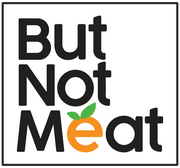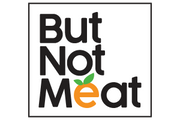
🌱 Kickstart Your Sustainable Kitchen: Zero-Waste Cooking Tips 🌱
Embark on a journey to transform your kitchen into a haven of sustainability. With these simple, actionable tips, you'll find that adopting a zero-waste approach in your plant-based kitchen is easier than you think and seamlessly integrates into your daily routine.
🔄 Begin with Small Steps
Start by identifying one or two changes you can easily implement, like using reusable produce bags or buying in bulk to reduce packaging waste. Small steps lead to big changes.
🥕 Whole Vegetable Cooking
Embrace the 'root to stem' philosophy. Discover how to utilise the entirety of vegetables - sauté beet greens, turn carrot tops into pesto, and transform broccoli stems into delicious slaws.
🍲 Master the Art of Leftovers
View leftovers as an opportunity, not a challenge. Get creative and repurpose them into new meals – leftover rice can become a stir-fry, and vegetable scraps can create a hearty stock.
🌱 Composting: Close the Loop
Reduce kitchen waste by starting a compost bin. Composting enriches the soil, reduces the need for chemical fertilisers, and lowers your carbon footprint.
♻️ Rethink, Repurpose, Rejoice
See potential in every scrap. Create nutrient-rich broths from vegetable peels, bake fruit peels into chips, and blend wilted herbs into dressings.
🛒 Mindful Shopping Habits
Plan your meals and shop with a list. This not only reduces impulse buys but also ensures you purchase only what you need, minimising food waste.
🌟 Share Your Sustainable Kitchen Practices
As we journey together towards more sustainable living, we'd love to hear from you. Do you have any unique zero-waste practices in your kitchen? What are your favourite sustainable cooking tips? Share your experiences and ideas in the comments below. Your insights could inspire others and help us all build a more eco-friendly world, one kitchen at a time.
🌟 Next Up: "Exploring Plant Milks: Beyond Almond and Soy"
Ready to expand your plant-based horizons? Next Monday, we delve into the diverse world of plant milks. Discover delicious and nutritious alternatives like hemp, oat, and rice milk that can effortlessly become part of your daily diet.




